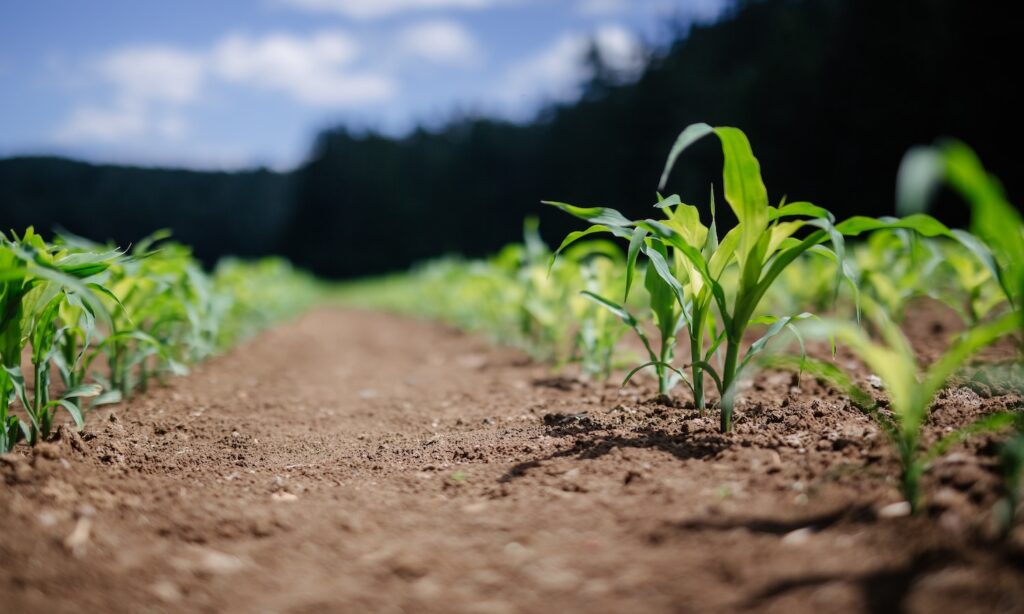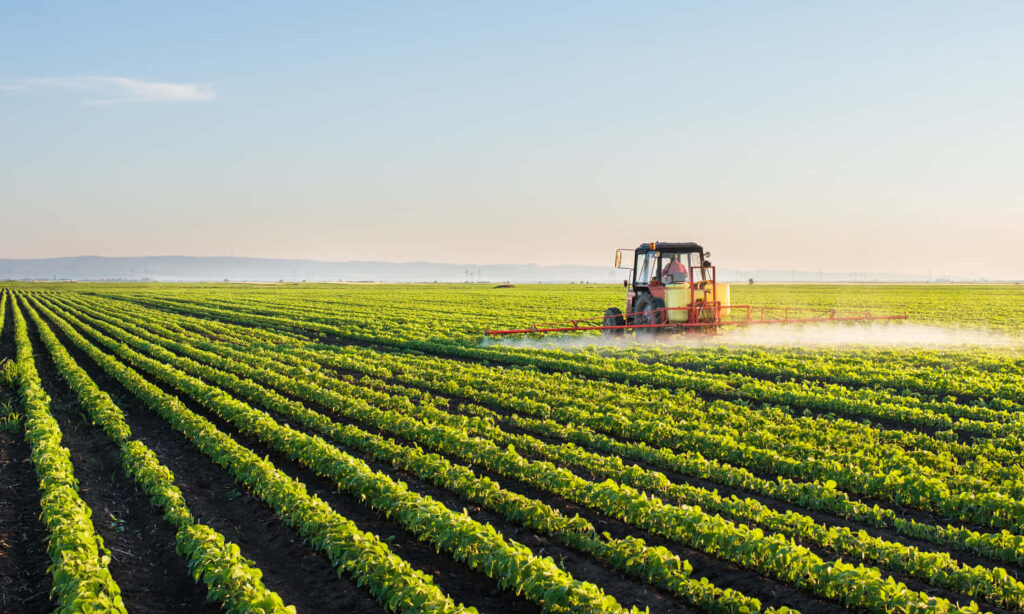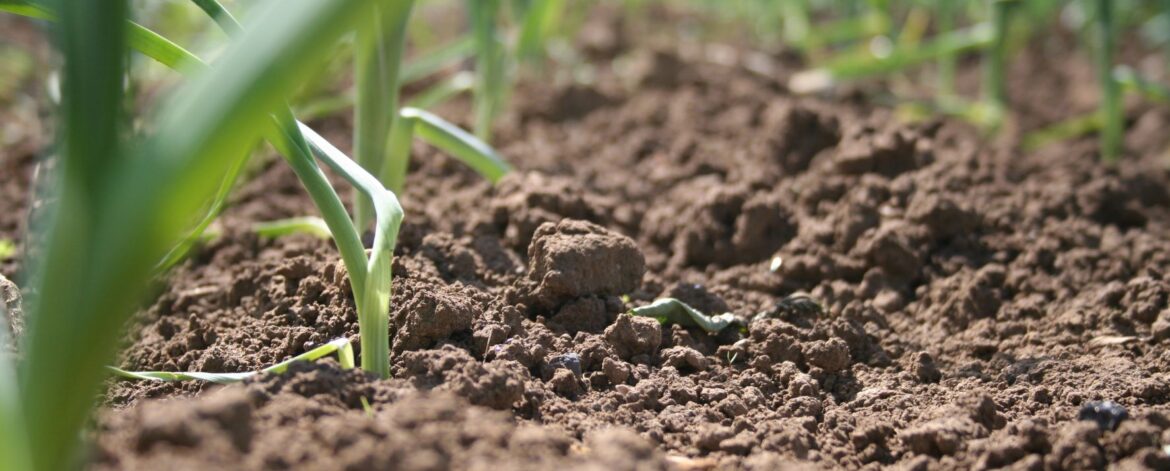Introduction
As the global population approaches 10 billion by 2050, agricultural systems face unprecedented challenges to ensure food security while minimizing environmental degradation. Conventional fertilizers, while essential for crop productivity, often suffer from inefficiencies, leading to nutrient losses, groundwater contamination, and greenhouse gas emissions. Nano-fertilizers have emerged as a transformative solution, leveraging nanotechnology to optimize nutrient delivery, reduce ecological footprints, and enhance agricultural sustainability. This article explores the key benefits, applications, and challenges of Nano-fertilizers, drawing insights from recent scientific advancements.
Enhancing Nutrient Use Efficiency
Nano-fertilizers significantly outperform traditional fertilizers in nutrient use efficiency (NUE). Studies have demonstrated that nano-nitrogen fertilizers (n-NFs) improve NUE by up to 78%, drastically reducing nitrogen losses through volatilization and leaching. The nanoformulations allow for slow and controlled nutrient release, aligning with plant growth stages and ensuring efficient nutrient uptake. For example, the application of n-NFs in crops such as rice and maize has shown increased chlorophyll levels, biomass production, and grain quality compared to conventional fertilizers. This targeted delivery system not only reduces waste but also enhances crop productivity by improving nutrient availability.

Environmental Benefits and Climate Resilience
One of the most compelling advantages of Nano-fertilizers is their positive environmental impact. By minimizing nutrient runoff and greenhouse gas emissions, Nano-fertilizers address critical challenges in climate-resilient agriculture. For instance, IFFCO nano-urea, a commercially available product, has demonstrated an 8% increase in crop yield while significantly lowering nitrogen losses. Additionally, the reduced application rates of Nano-fertilizers decrease transportation and storage costs, making them an economically viable alternative. These innovations contribute to a cleaner and more sustainable agricultural ecosystem, mitigating the environmental harms associated with excessive use of chemical fertilizers.

Diverse Applications in Agriculture
Nano-fertilizers cater to a wide range of agricultural needs, offering solutions for various nutrient deficiencies. Metal-based Nano-fertilizers, such as zinc oxide, improve micronutrient availability, while polymer-based formulations enable gradual nutrient release. Nano-chelated fertilizers further enhance nutrient solubility and absorption, reducing the dependency on bulk chemical fertilizers. These advancements have been applied successfully across multiple crops, including wheat, potatoes, and sugarcane, showcasing improvements in yield, nutrient content, and resistance to environmental stressors. Moreover, foliar sprays and soil applications of Nano-fertilizers enhance nutrient uptake efficiency and adaptability to diverse farming practices.

Conclusion
Nano-fertilizers represent a paradigm shift in agricultural practices, blending precision, efficiency, and sustainability. By addressing the limitations of conventional fertilizers, they offer a path toward achieving global food security while preserving environmental health. However, widespread adoption of Nano-fertilizers requires overcoming challenges such as regulatory approval, large-scale field testing, and public acceptance. Continued research and innovation in nanotechnology will be pivotal in unlocking the full potential of Nano-fertilizers, ensuring a resilient and sustainable future for agriculture.
References
- Saurabh, K., Prakash, V., Dubey, A. K., et al. (2024). Enhancing sustainability in agriculture with nanofertilizers. Discover Applied Sciences, 6(559).
- Arora, S., Upadhyay, S. K., Chakraborty, K., et al. (2023). Nanotechnology: A novel approach in abiotic stress management and convergence with new-age medicine. Science of the Total Environment.
- Verma, K. K., Song, X.-P., Joshi, A., et al. (2023). Recent advances in nitrogen and nano-nitrogen fertilizers for sustainable crop production. Chemical and Biological Technologies in Agriculture, 10(111).


